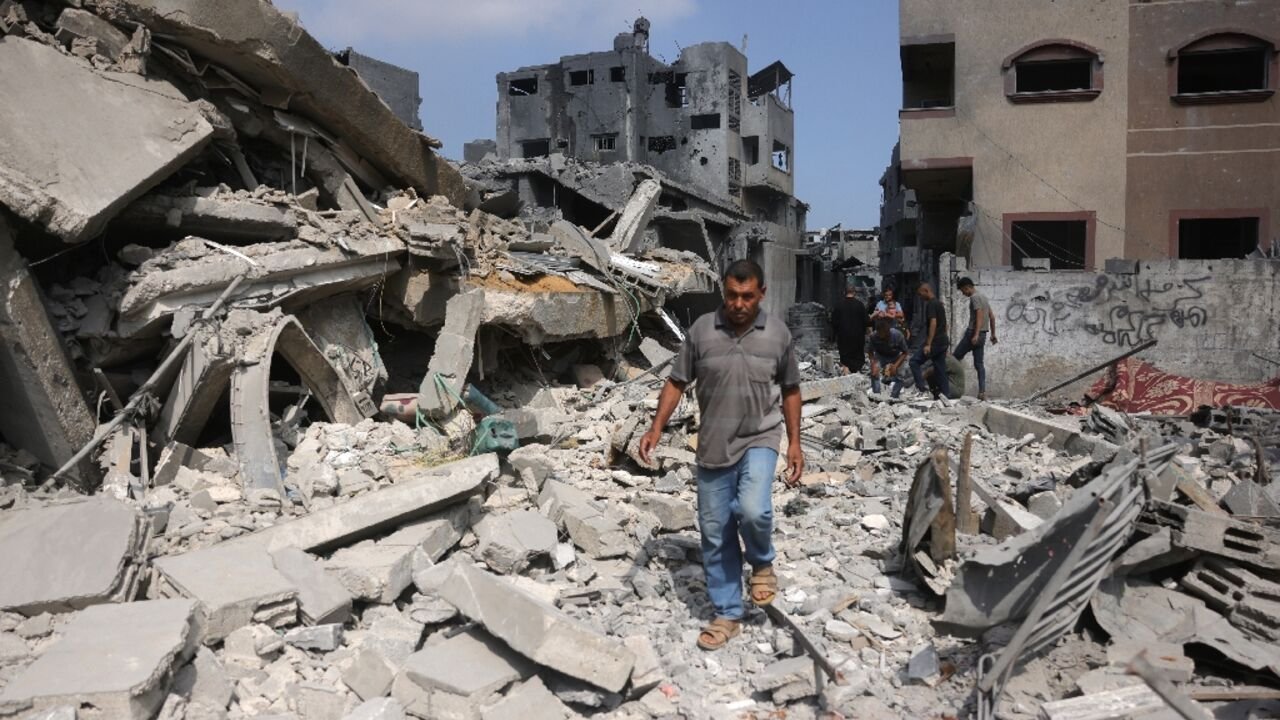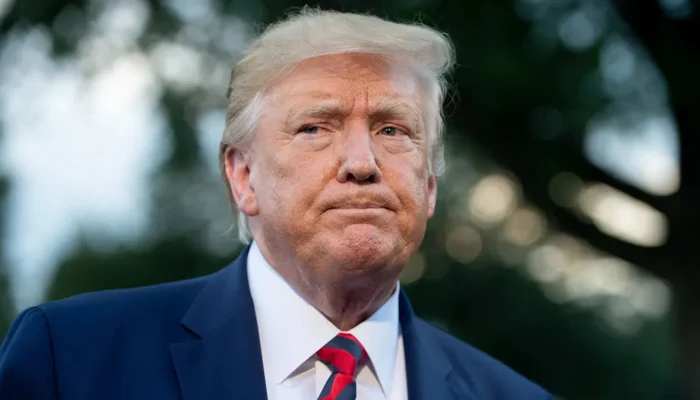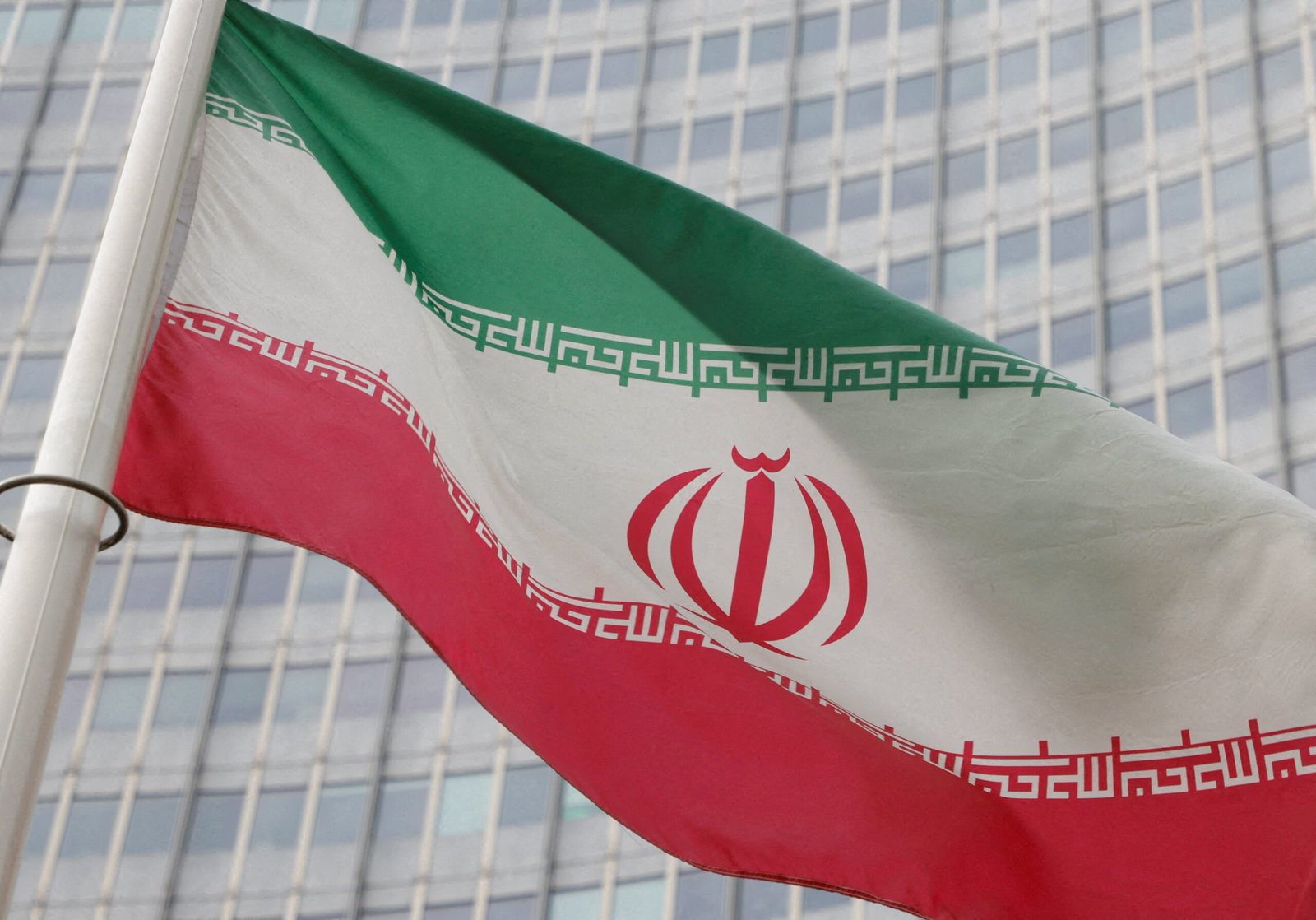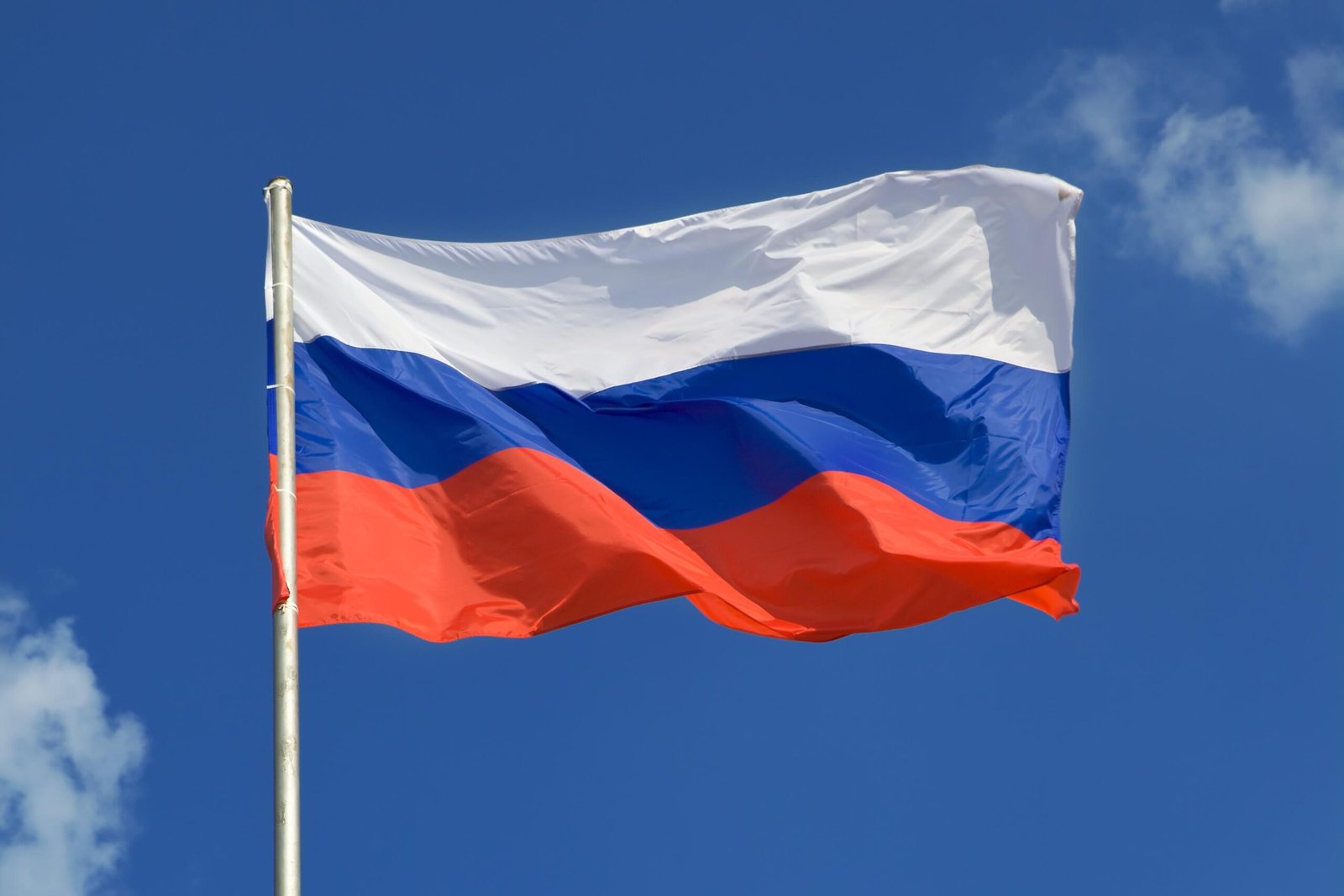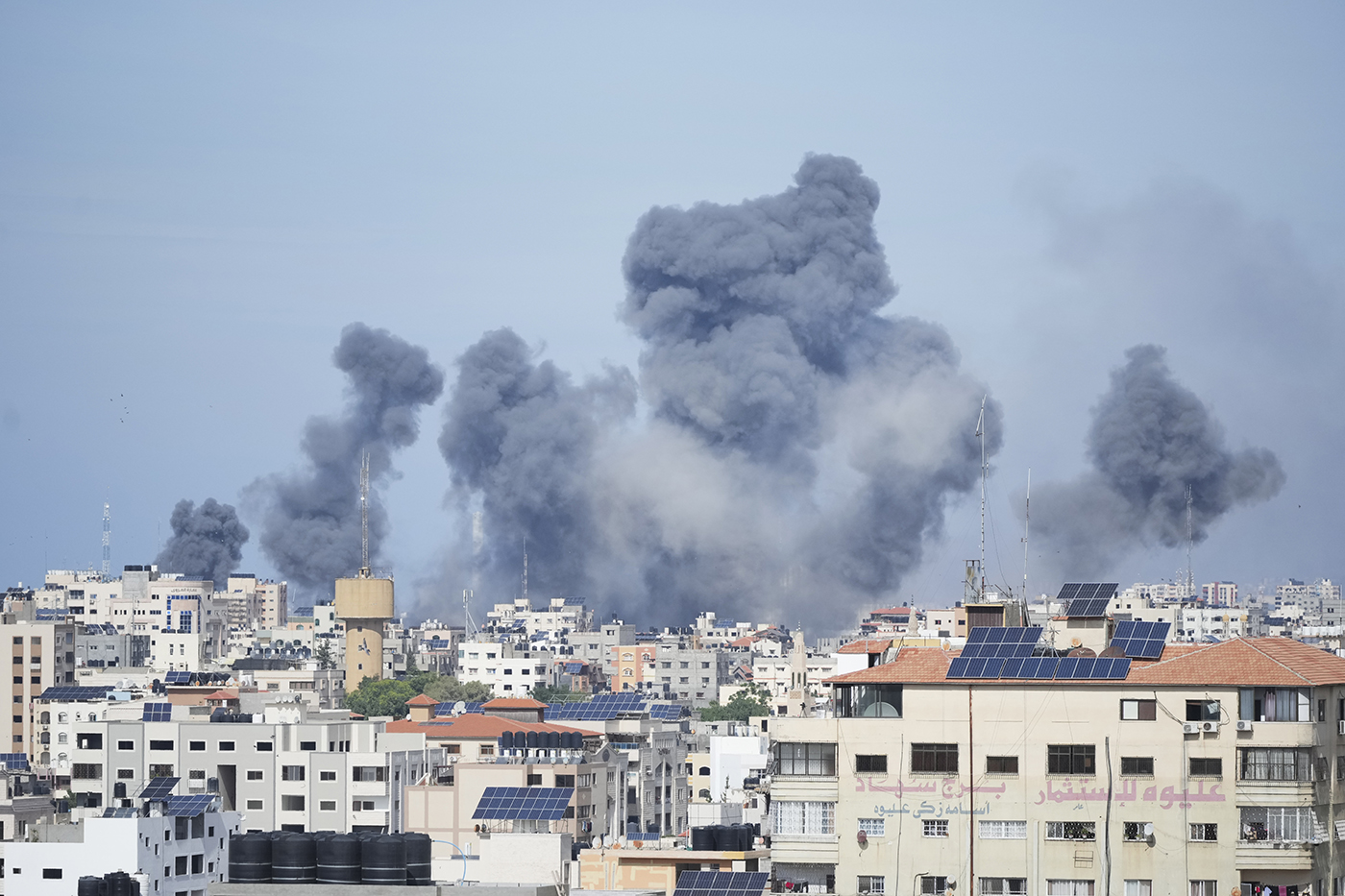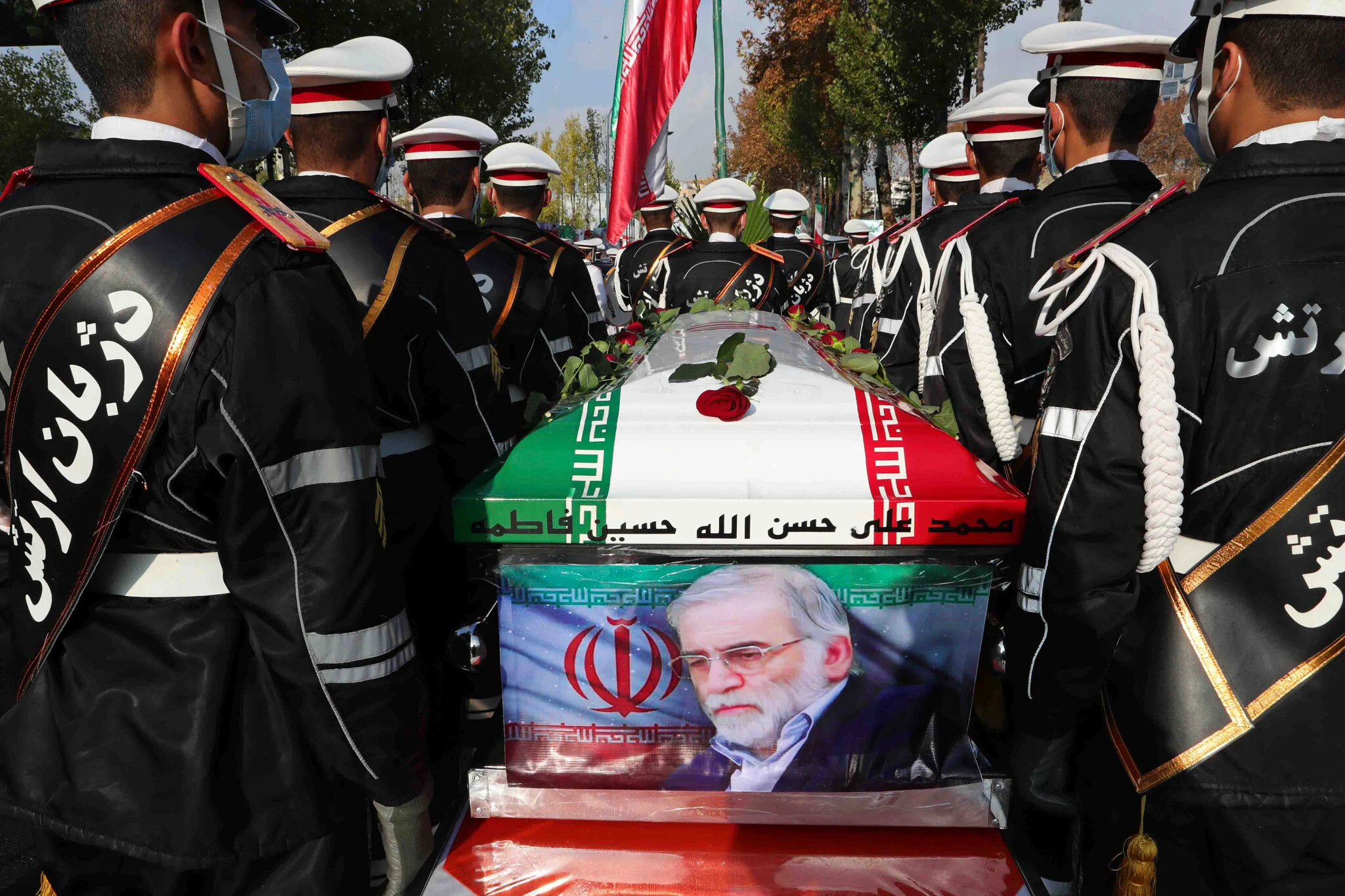Israeli Prime Minister Benjamin Netanyahu has called for the complete demilitarization of southern Syria, a move that could heighten tensions between Israel and Syria’s new leadership following the overthrow of President Bashar al-Assad.
In a recent address to Israeli military cadets, Netanyahu stated that Israel will not permit forces from Hayat Tahrir al-Sham (HTS)—the Islamist group responsible for Assad’s ousting—or Syria’s newly forming army to operate south of Damascus. He specifically demanded the demilitarization of the Quneitra, Deraa, and Suweida provinces and expressed concern for the safety of the Druze community in southern Syria.
Furthermore, Netanyahu announced that Israeli forces would remain in the areas of Syria they seized following Assad’s fall in December, signaling a shift in Israel’s military strategy. Previously, Israel had described its presence in the UN-monitored demilitarized zone in the Golan Heights as temporary, aimed at preventing extremist groups from moving into the area.
With this new stance, Netanyahu indicated that he sees the newly established Syrian government, with its jihadist ties, as a significant threat to Israel’s security. Israel has long occupied most of the Golan Heights, territory it captured from Syria in the 1967 war and later annexed, a move not recognized internationally except by the United States in 2019.
Protests have erupted in southern Syria, particularly in Quneitra province, in response to Netanyahu’s demand. The new interim president of Syria, HTS leader Ahmed al-Sharaa, has attempted to reassure Israel by stating his intention to maintain the 1973 disengagement agreement and avoid allowing Syria to be used as a base for attacks on Israel. However, Sharaa also called for Israel to withdraw from the buffer zone it controls.
Despite these assurances, Netanyahu remains skeptical of Sharaa’s intentions, with Israel, like much of the international community, awaiting actions to match his moderate rhetoric. Sharaa’s vision of a sovereign Syria free from foreign influence, including the remaining forces of Iran and Russia, could clash with Israel’s growing presence and operations in the region.
As Turkey’s influence in Syria continues to rise, and the U.S. potentially reduces its involvement, Syria’s new leadership faces a complex geopolitical landscape. Netanyahu’s insistence on keeping Israeli troops in southern Syria could become a major obstacle to Syria’s post-Assad future and its efforts to assert control over its territory.









